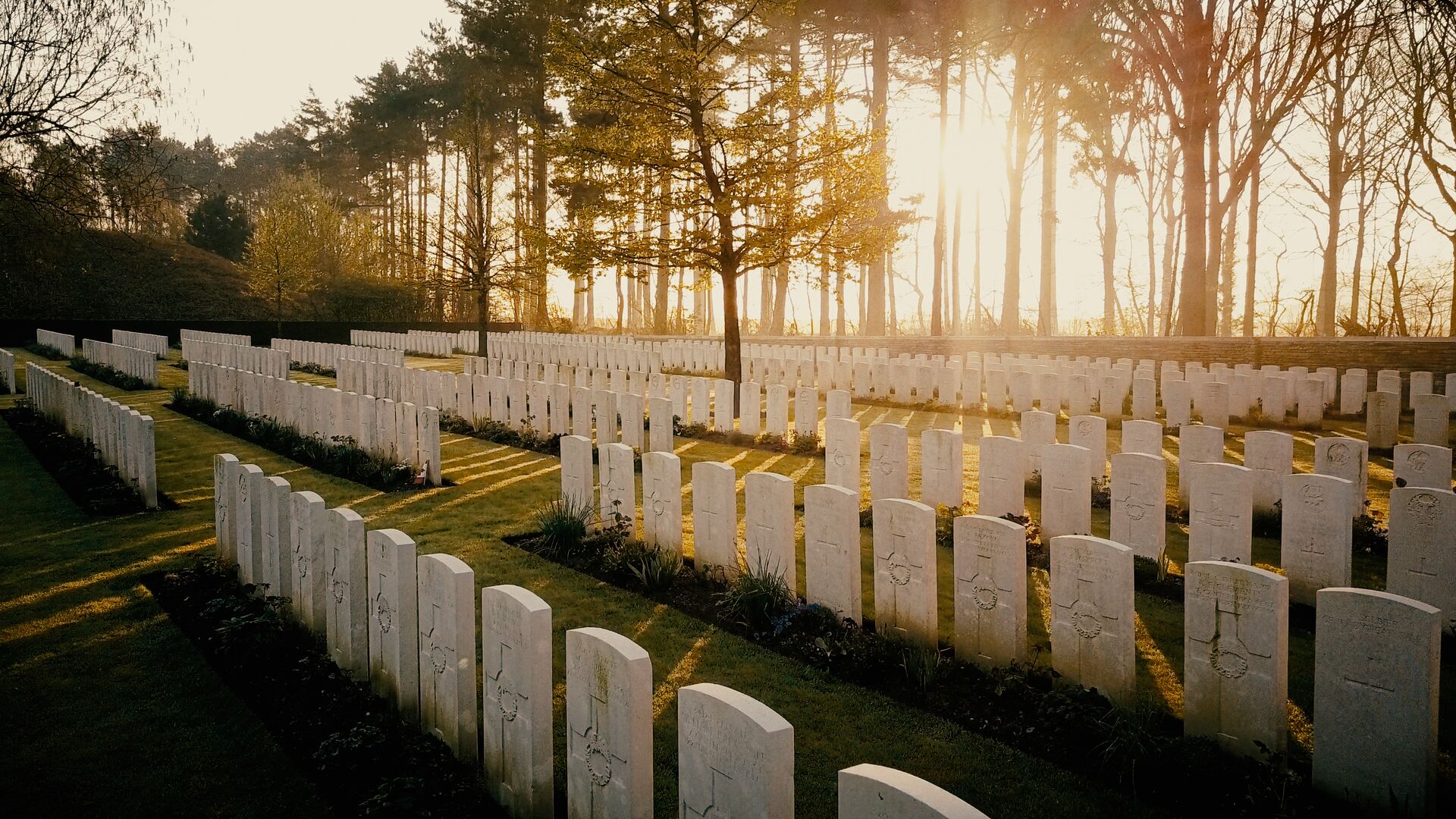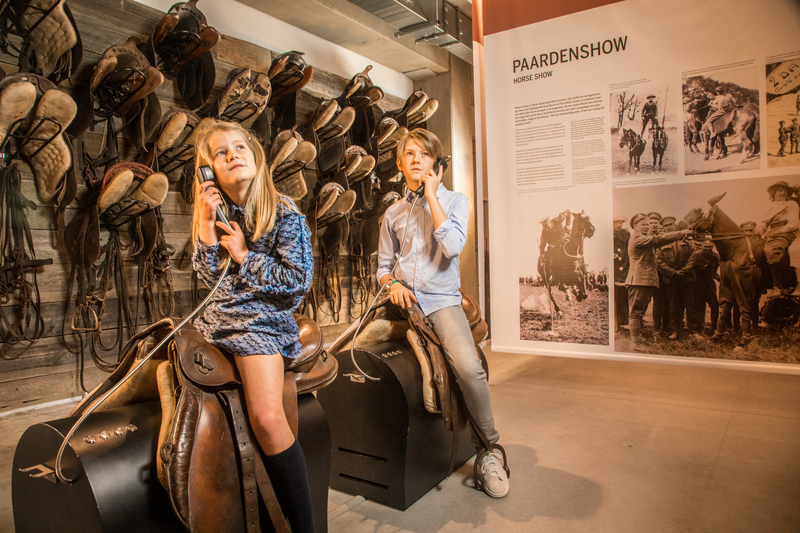From 1914 to 1918, Flanders Fields was a major battle theatre on the Western Front during the First World War. A million soldiers from more than 50 different countries were wounded, missing or killed in action here. Entire cities and villages were destroyed, their population scattered across Europe and beyond. The destruction of the city of Ypres and the brutal conditions endured during the Battle of Passchendaele (Third Battle of Ypres) became worldwide symbols for the senselessness of war. Today the peaceful region still bears witness to this history through its monuments, museums, cemeteries and the countless individual stories that link it with the world.
The remembrance of the First World War will always live on in Flanders. In places such as the Menin Gate, where the Last Post sounds every evening, Tyne Cot Memorial and Cemetery (the largest Commonwealth military cemetery in the world) and the many, many memorials dedicated to the fallen and the missing. Also, the poem, ‘In Flanders Fields’, by John McCrae, went on to inspire the use of the poppy, which once grew on the battlefields of Flanders Fields, to become an enduring symbol of remembrance across the world.
Flanders Fields history
On 4 August 1914, the German army invaded Belgium. The Germans demanded that King Albert to grant them free passage through the country, so that they could attack the French from the rear and defeat them. The king refused and the famous Schlieffen plan was launched to impose Germany’s military will by force. On 12 August at Halen (in the province of Limburg) Uhlans of the German cavalry (light cavalry armed with lances) attempted to charge a strong Belgian position with naked swords.
Visit Flanders Fields in 48 hours
Do you need some inspiration for your trip to Flanders Fields? These itineraries will give you some great ideas for a trip.
Flanders Fields Highlights
Flanders Fields is dotted with hundreds of relics, monuments and cemeteries which have great historical significance for the people of many nations.

Where to stay?
Looking for a place to stay in and around Ypres and Flanders Fields? Here you can book an accommodation to suit your needs.
Planning to visit with a (school)group? Some great group accommodations are waiting to welcome you. Take a look on the websites of: Peace Village in Messines, Menin Gate in Ypres, Regional Flanders Fields website and Youth Hostels in Flanders.
Memories of Flanders Fields
From 1914 to 1918 Flanders Fields was a major battle theatre in the First World War. Today, the peaceful region still bears witness to this history in monuments, museums, cemeteries and the countless individual stories that link it with the world. Come and discover them for yourself.

